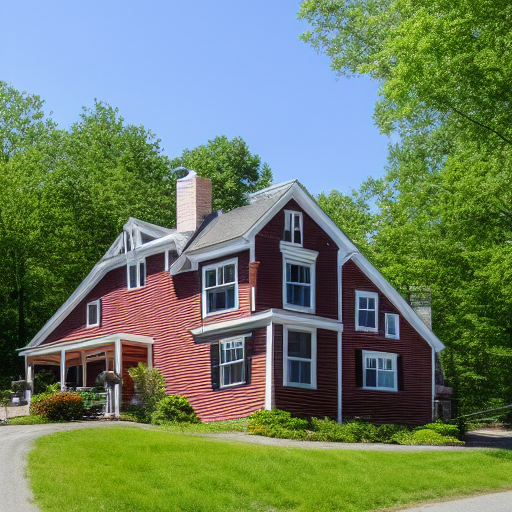Socager is a term used in medieval English law to refer to a type of customary tenure. It was a system of land tenure where a person could hold land from a lord in exchange for rendering certain services or payments. The term “socage” comes from the Latin word “soccagium,” which means ploughing.
In socage, the tenant would typically pay an annual rent or perform specific services for the lord, such as repairing roads or buildings. Unlike other forms of tenure, socagers were not bound by any military obligations to their lords. Instead, they were free to pursue their own interests and activities on the land.
Socage was a popular form of tenure in England during the Middle Ages, particularly in areas where agriculture was the main industry. It allowed tenants to work the land for their own profit while still maintaining a relationship with their lord. However, the system began to decline in the 16th century, as other forms of tenure became more popular.
Today, socage no longer exists as a legal concept in England. However, it remains a significant part of English legal history and provides insights into the development of land tenure systems in medieval Europe.
